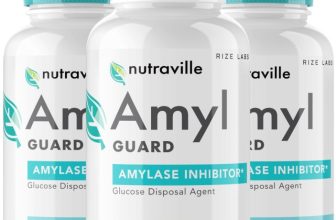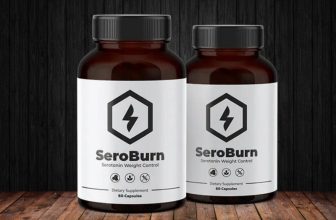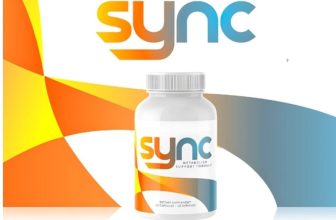The 10 Best Keto Supplements
We include products we think are useful for our readers. If you buy through links on this page, we may earn a small commission. Here’s our process for vetting brands and products.
As the ketogenic diet gains popularity, interest in optimizing health while following this high-fat, low-carb eating plan continues to grow. Since the keto diet restricts certain foods, adding specific nutrients through supplements can be beneficial. These supplements not only make up for dietary gaps but can also help alleviate side effects like the “keto flu” and enhance athletic performance.
Below are the ten best supplements to take while on a keto diet.
1. Neurodrine
About Neurodrine
Neurodrine is a natural nootropic supplement designed to enhance cognitive function, support memory, and improve focus. It contains ingredients like Bacopa Monnieri, Huperzine A, St. John’s Wort, Ginkgo Biloba, and L-Glutamine, all of which help boost brain performance and overall mental well-being. For those on a keto diet, maintaining mental clarity and focus is essential, and Neurodrine provides a natural way to support these cognitive functions.
Summary
Neurodrine supports cognitive health, which is crucial for individuals on a keto diet aiming to maintain mental clarity and focus.
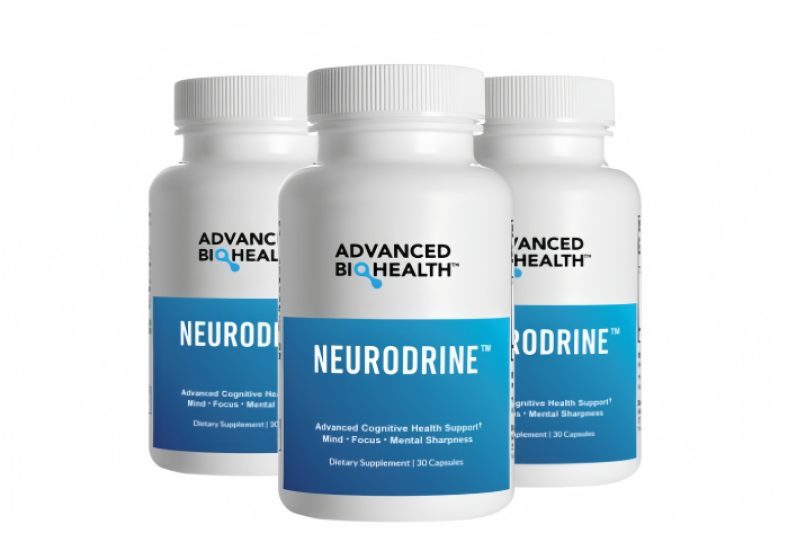
2. Magnesium
About Magnesium
Magnesium is an essential mineral that boosts energy, regulates blood sugar, and supports the immune system.
Studies suggest that many people may have a magnesium deficiency due to reliance on processed foods or medications that deplete magnesium. On a keto diet, meeting magnesium needs is even more challenging, as many magnesium-rich foods like beans and fruits are high in carbs. A daily dose of 200–400 mg of magnesium can be beneficial.
Supplementing with magnesium may reduce muscle cramps, insomnia, and irritability—common symptoms during the keto transition. Some of the most absorbable forms are magnesium glycinate, magnesium gluconate, and magnesium citrate.
Keto-friendly magnesium-rich foods include:
- Spinach
- Avocado
- Swiss chard
- Pumpkin seeds
- Mackerel
Summary
Magnesium supplements or magnesium-rich foods can help meet daily requirements and prevent deficiency, which is common for those on a keto diet.
3. MCT Oil
About MCT Oil
Medium-chain triglycerides (MCTs) are a popular supplement among keto dieters due to their quick metabolism and energy-boosting properties. Unlike most fats, MCTs are broken down by the liver and rapidly enter the bloodstream, providing a fast source of fuel for both the brain and muscles.
Coconut oil is naturally rich in MCTs, but MCT oil supplements provide a more concentrated dose. These supplements help boost fat intake, increase ketone levels, and support ketosis.
Adding MCT oil to shakes or taking it by the spoonful is an easy way to increase fat intake. Start with a small dose (1 teaspoon) to see how your body reacts, as larger amounts may cause nausea or diarrhea.
Summary
MCT oil helps keto dieters increase fat intake quickly, aiding in maintaining ketosis and potentially supporting weight loss.
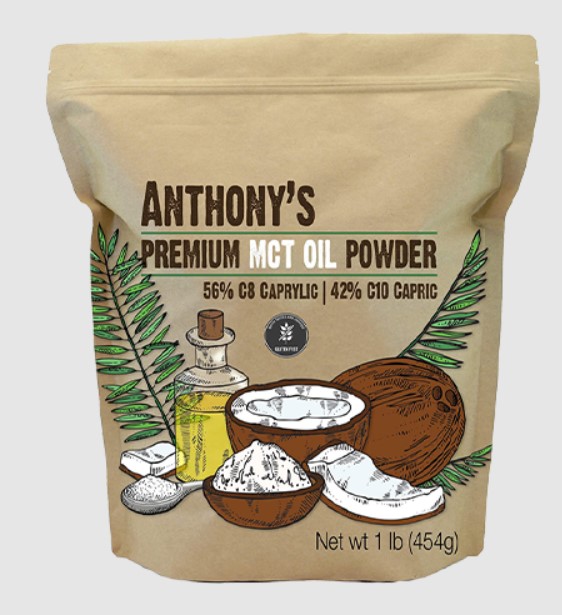
4. Omega-3 Fatty Acids
About Omega-3 Fatty Acids
Omega-3 supplements, such as fish or krill oil, contain eicosapentaenoic acid (EPA) and docosahexaenoic acid (DHA), which have anti-inflammatory properties and help reduce heart disease risk.
Western diets are often higher in omega-6 fats and lower in omega-3s, which can lead to increased inflammation. Omega-3 supplements help maintain a balanced omega-3 to omega-6 ratio, enhancing overall health benefits of the ketogenic diet.
Choose a reputable omega-3 supplement that provides at least 500 mg of combined EPA and DHA per 1,000 mg serving.
Summary
Omega-3 fatty acids help reduce inflammation and improve the balance of fatty acids, benefiting those on a keto diet.
5. Vitamin D
About Vitamin D
Vitamin D plays a crucial role in bone health, calcium absorption, immune support, and reducing inflammation.
Vitamin D deficiency is common, and although the keto diet does not inherently increase this risk, supplementation is advised to maintain optimal levels. Your doctor can determine if supplementation is necessary by running a blood test.
Summary
Vitamin D is important for everyone, including those on a keto diet, to maintain strong bones and overall health.
6. Digestive Enzymes
About Digestive Enzymes
Many people new to the ketogenic diet find it challenging to digest the high-fat content, leading to gastrointestinal symptoms like nausea and diarrhea. Digestive enzyme supplements that contain lipases (to break down fat) and proteases (to digest protein) can help.
Proteolytic enzymes also reduce post-workout muscle soreness, making them useful for active individuals on a keto diet.
Summary
Digestive enzyme supplements can alleviate digestive discomfort for those adjusting to a high-fat keto diet.
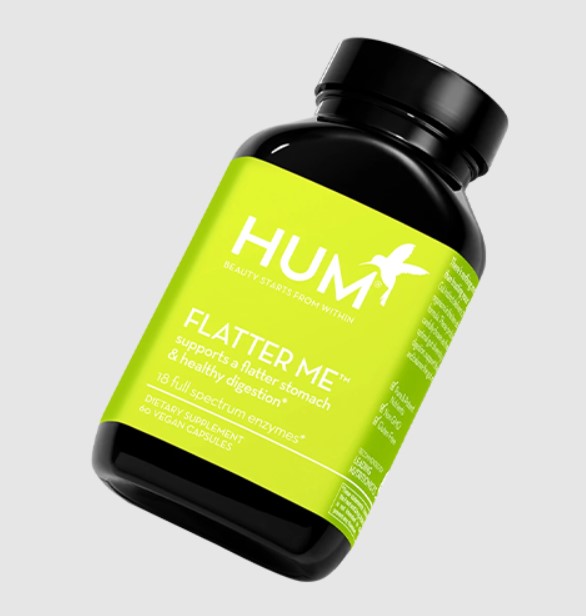
7. Exogenous Ketones
About Exogenous Ketones
Exogenous ketones are ketones sourced externally to raise blood ketone levels. While these supplements can help you enter ketosis faster, research on their benefits is still limited. Some studies suggest they may improve athletic performance, reduce appetite, and aid muscle recovery.
Summary
Exogenous ketones can support ketosis, reduce appetite, and enhance athletic performance, but more research is needed.
8. Greens Powder
About Greens Powder
Vegetables provide important nutrients, but the keto diet’s restrictions can make it difficult to consume enough. A greens powder supplement made of powdered vegetables like spinach, kale, and spirulina can help bridge this gap.
While greens powders are convenient, they shouldn’t replace fresh produce entirely. Instead, use them to boost nutrient intake alongside low-carb vegetables.
Summary
Greens powders can provide additional nutrients for those struggling to consume enough vegetables on a keto diet.
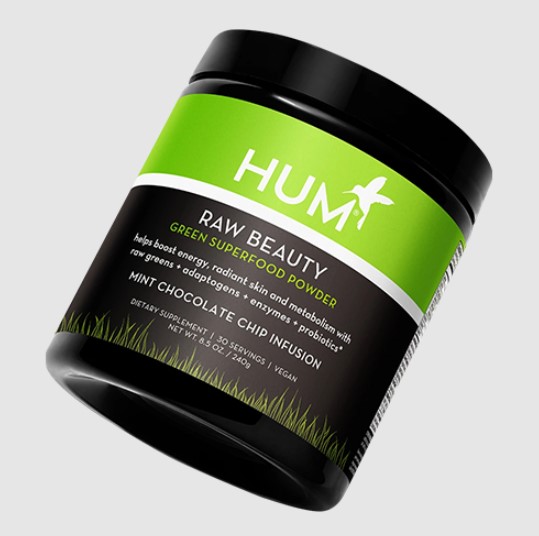
9. Electrolyte Supplements or Mineral-Rich Foods
About Electrolytes
As your body adapts to the keto diet, increased water loss can deplete sodium, potassium, and magnesium levels, leading to symptoms like headaches, cramps, and fatigue. Consuming more mineral-rich foods like avocados, nuts, and leafy greens or using electrolyte supplements can help.
Summary
Electrolyte supplements or increased mineral intake are essential for avoiding “keto flu” symptoms and maintaining hydration.
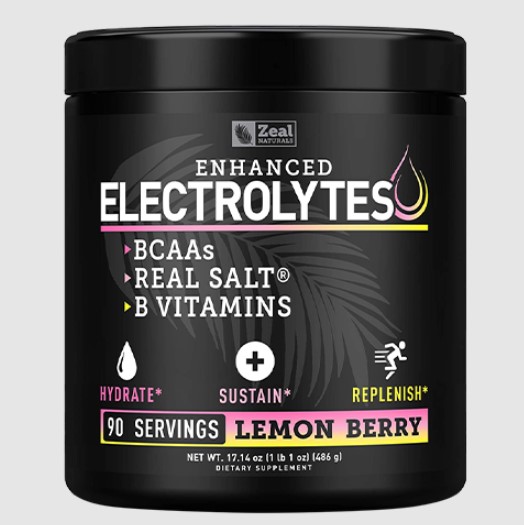
10. Supplements to Boost Athletic Performance
About Athletic Supplements
Athletes on a keto diet may benefit from additional supplements, such as:
- Creatine monohydrate: Supports muscle gain and exercise performance.
- Caffeine: Improves energy and performance, especially for those new to keto.
- Branched-chain amino acids (BCAAs): Reduce exercise-induced muscle damage and fatigue.
- HMB: Helps decrease muscle loss and increase muscle mass.
- Beta-alanine: Helps prevent muscle fatigue during high-intensity workouts.
Summary
Athletes on a keto diet can benefit from targeted supplements to improve performance, increase strength, and reduce fatigue.
Staying healthy while on a ketogenic diet often requires extra support through specific nutrients. Supplements like Neurodrine, magnesium, omega-3s, MCT oil, and electrolytes can help you meet your dietary needs, reduce symptoms, and enhance overall well-being. Consult a healthcare provider to determine the best approach for your health journey.



